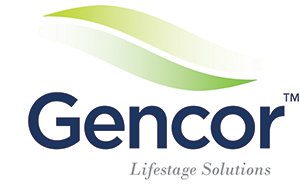Gencor, a supplier of branded ingredients, has shared a recently published analysis in the Journal of Dietary Supplements on the efficacies of dispersible Palmitoylethanolamide, PEA (Levagen+) as an alternative to cannabidiol (CBD).
The paper compares the mechanisms of action, pharmacology, safety profile and regulatory status of CBD and PEA to determine whether PEA could be a suitable alternative to CBD.
Conclusions from the analysis show therapeutic actions of CBD and PEA overlap in their biochemical roles in humans, suggesting the need for further investigation of their pharmacokinetics, specifically regarding definitive bioavailability and volume of distribution, safety and efficacy when used in both diseased and healthy populations.
Much of the current science around CBD has reportedly been limited to disease states (patients suffering from epilepsy and a variety of neurological disorders) which raises questions on the safety and efficacy of CBD as an ECS (endocannabinoid system) modulator in lifestyle management. There is a need for further research on the long-term safety and efficacy of CBD, with regulatory changes if these prove to be necessary, and proven safer alternatives for ECS in the interim, Gencor argues.
Five decades of literature documenting PEA’s efficacy have reportedly shown good safety and tolerability in humans and animals.
The ingredient has been approved to be sold globally and is approved by the Australian, Indian, Canadian and Brazilian regulatory authorities.
“We are excited to share these scientific insights into the safety, efficacies and regulations of PEA and CBD,” said Chase Shryoc, Vice President of Sales & Business Development for Gencor. “Our goal isn’t to paint a negative picture of CBD, but to inform and guide manufacturers in making educated and informed choices when formulating products in the pain, recovery, immunity, or sleep segments.”





